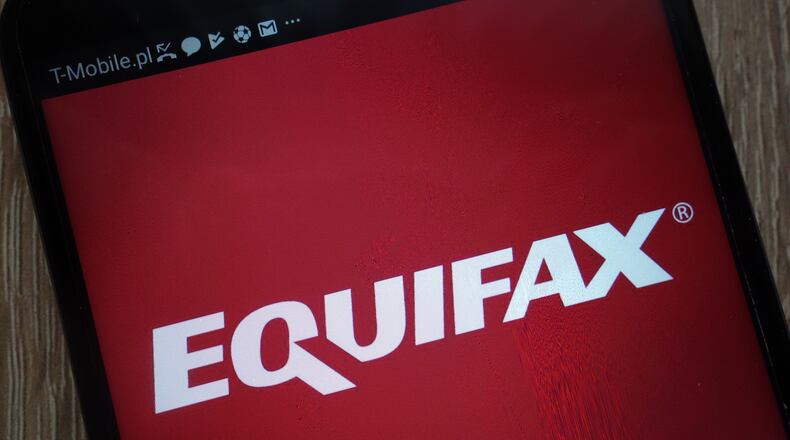Editor’s note: This story has been updated with comment from Equifax, which initially declined to comment.
A former auditor has sued Equifax, charging that he was punished for spotting ways that the company was allegedly violating the law, told to lie to the federal government about what he found and eventually fired, he contends, for telling the truth.
Stephen Leary, an auditor at the financial technology company from 2018 to July 2020, alleges he uncovered “numerous, serious violations of the Consumer Financial Protection Act, the Fair Credit Reporting Act and other laws, rules, orders, standards, and prohibitions,” according to the lawsuit filed earlier this month in U.S. District Court in Atlanta. Leary has asked for reinstatement to his former position and an unspecified amount of money in damages.
Equifax initially declined to comment. After publication online, Equifax spokeswoman Kate Walker said the company will fight the suit.
“Equifax denies Mr. Leary’s allegations,” she said. “Mr. Leary was terminated in July 2020 for poor performance. Furthermore, Mr. Leary’s internal complaints were thoroughly investigated and found to be unsubstantiated.”
And while the company is required to respond in a court filing to Leary, it has not yet done so as of Thursday afternoon.
An attorney for Leary also declined to comment.
Leary’s job was to assess the firm’s operations to see if they complied with federal law and the regulations set by the Consumer Financial Protection Bureau. The CFPB did not respond to a request for comment.
The laws are meant to ensure that credit reports are accurate and fair. Millions of Americans depend on the reports when they apply for loans, obtain credit cards, rent apartments or buy homes and cars. Lenders base decisions about interest rates and other terms in part on the reports and their assessment of consumers’ financial wherewithal and risk.
Leary worked in a team under the director of compliance testing. The violations uncovered by Leary and the team “were so numerous and systemic that it was clear that Equifax had enterprise-wide compliance failures,” the suit alleges.
The company collects information about hundreds of millions of individuals and companies and has been involved in much of the American economy, yet for much of its history, it was little-known.
Leary’s auditor job Equifax began the year after the company was the target for one of the largest breaches of consumer data known. That breach, in which information about more than 150 million people was stolen, led to the departure of the company’s top executive and a settlement in which the company paid hundreds of millions of dollars.
Attorneys for Leary would not say whether the violations that Leary found were linked to a breach or potential breach of data.
When Leary and the team’s director reported the violations to upper management, those executives “tried to bury the results and told him (Leary) that Equifax should report false information to appease the CFPB,” the lawsuit says.
Leary and his boss did not do that, instead reporting their findings as required by the CFPB, according to Leary’s suit. Over the next several months, Leary’s boss and another member of his team were fired, the lawsuit said.
Leary was placed in a special “improvement program” in which he was required to show he was a team player.
In June 2020, Leary learned that “Equifax had provided false information to the CFPB in an effort to cover up Equifax’s regulatory violations,” the lawsuit said. Leary contacted the bureau, the complaint said, “to correct the record and make them aware that Equifax had a pattern of covering up violations and punishing employees like him who opposed it.”
Leary also complained to the company’s human resources office and its general counsel that he was being retaliated against.
On July 6, 2020, the final day of his improvement program, he was fired.
About the Author
Keep Reading
The Latest
Featured



